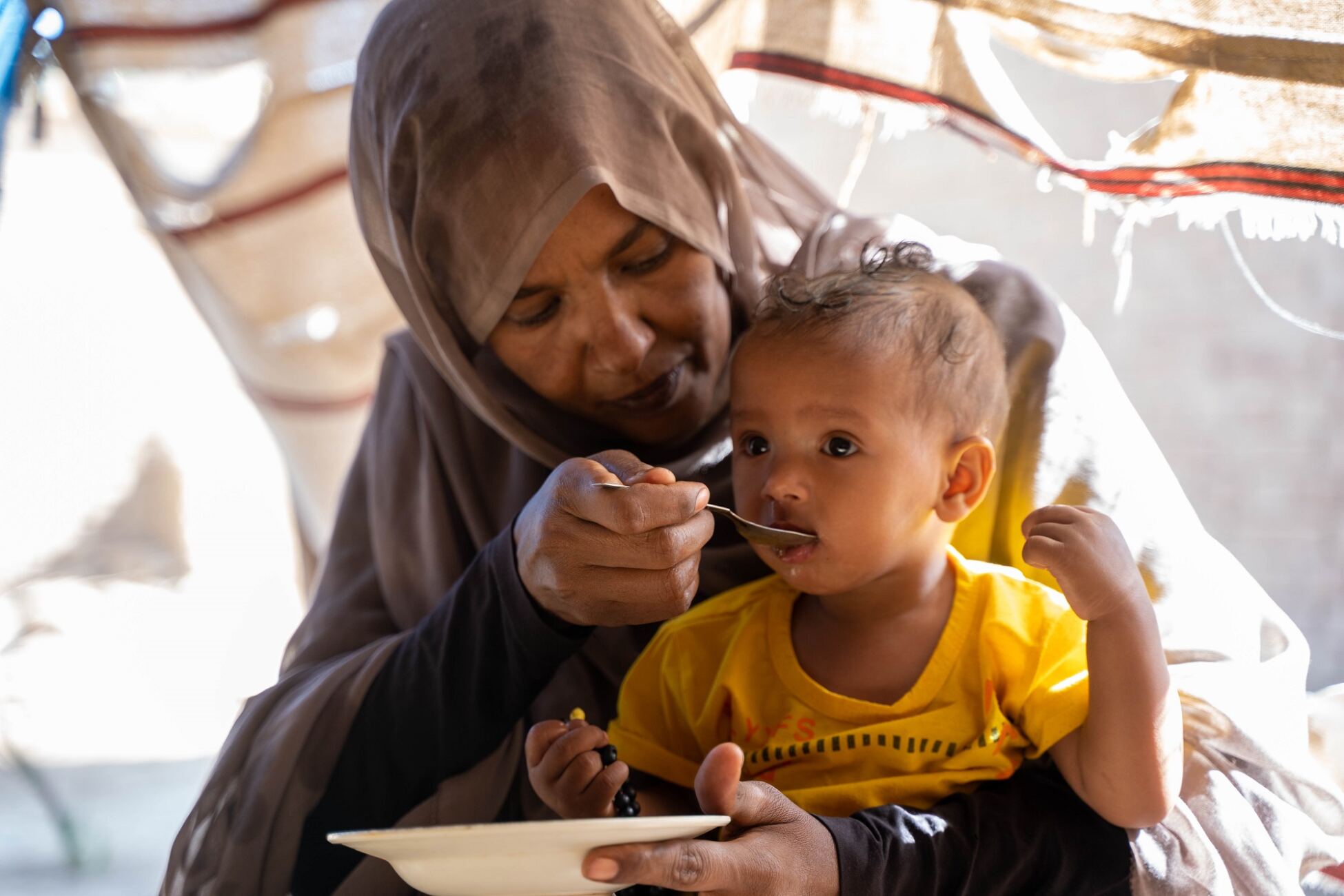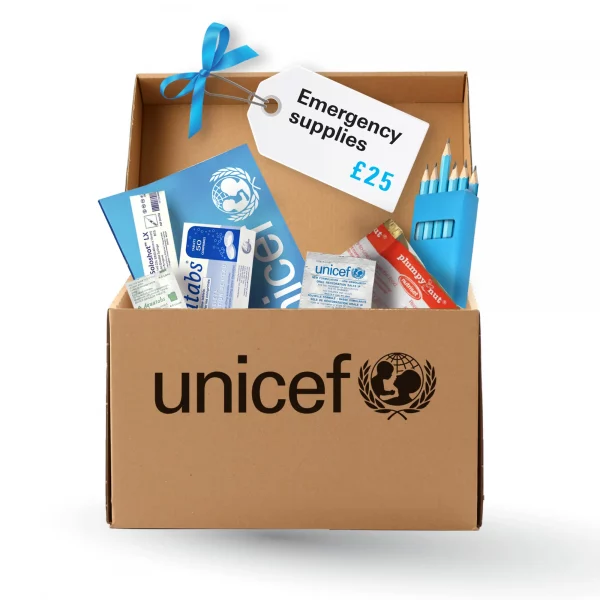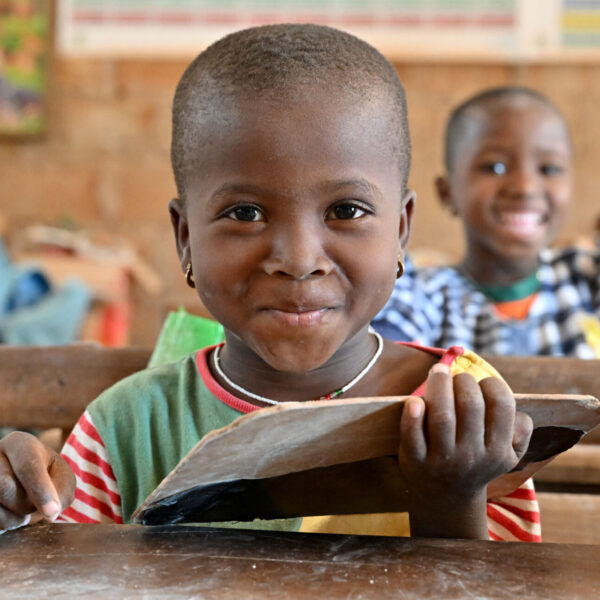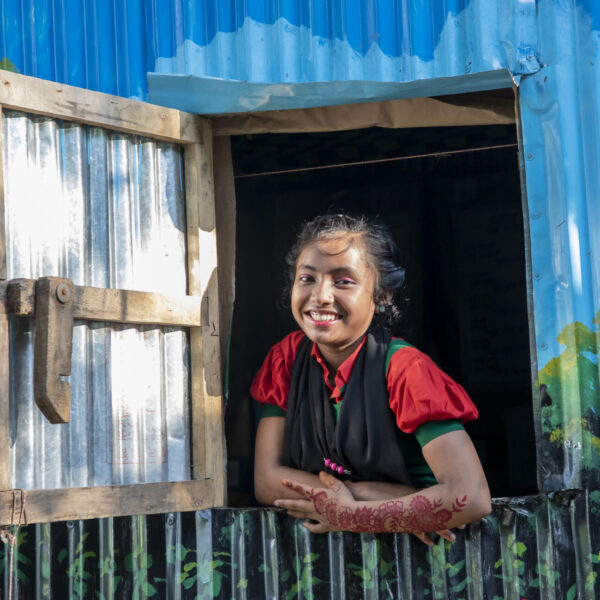Nutrition: Why it Matters
Good nutrition is the foundation of a healthy childhood. Vitamins and micronutrients help children’s bodies develop and build their immune systems. A well-nourished child will have more energy to play, learn and engage with those around them.
Due to global inequalities however, not every child has such a firm foundation. Children in the poorest and most marginalised communities are more likely to face food insecurity.
Without reliable access to nutritious and affordable food, they can become malnourished, suffering health complications and fatigue. Eventually, their bodies may start to show signs of malnutrition—in the worst cases, they may begin to shutdown entirely.
When food is extremely scarce, parents may have to make difficult decisions to keep their children and themselves fed. They may have to skip meals, sell off productive assets and, as a last resort, they may have to send their children to earn an income. Nutrition is therefore not just a health issue but an economic one—a lack of nutritious food can entrench existing inequalities and trap families in cycles of poverty.
UNICEF’s Response
We work to prevent all forms of malnutrition by improving children’s and women’s access to nutritious, affordable and sustainable diets.
Since 1990, the percentage of undernourished children worldwide has almost halved. But we still have a lot of work to do. Malnutrition, including obesity, affects at least one in three under five-year-olds.
We’re determined to end all forms of hunger for children everywhere. We collaborate with communities and governments and strengthen systems to prevent malnutrition before it occurs. And when it does, we’re there to provide all the resources needed to save lives.
Giving a child the best start in life

The first 1,000 days from conception are the most critical in a child’s life.
How does malnutrition affect children?
When children don’t get the food and nutrients they need as they grow up it can cause stunting. The most noticeable sign of stunting is that children are shorter than they should be for their age. They may also suffer irreversible damage to their bodies and brains, which affects their chance to have a healthy and happy life in the future. Stunting affected an estimated 22.3 per cent or 148.1 million children under 5 globally in 2022
Wasting happens when a child suddenly stops getting enough appropriate food and, as a result, becomes very thin and frail. This can happen rapidly if a child becomes ill or in the event of a humanitarian crisis. When this acute malnutrition becomes severe, children are at high risk of dying. In 2022, Wasting continues to threaten the lives of an 45 million children under 5 globally.
It’s not just undernourishment that’s an issue. Getting too much of the wrong food, can cause children to become overweight, which has an effect on their health and happiness. Obesity can lead to serious health problems in later life, alongside low self-esteem and stigmatisation. An estimated 37 million children under 5 around the world are considered to be overweight as of 2022.
1 in 5
Globally, 1 in 5 deaths among children under age 5 is attributed to severe wasting, making it one of the top threats to child survival.
80%
UNICEF provides about 80% of the world's life-saving therapeutic food
7.3 million
With the support of our partners we reached about 7.3 million children with therapeutic food and care in 2022.
Preventing Malnutrition
For children, malnutrition has lifelong consequences. It affects their performance in school and hence their future career prospects. This has an impact on entire populations, contributing to a cycle of poverty. That’s why we’re doing everything we can to work with communities and governments to prevent malnutrition and break that vicious cycle.
We’re there for families right from the beginning. We support expecting mothers to have a safe pregnancy, so that both them and their baby stay well-nourished and healthy. We support the provision of healthcare and essential micronutrients throughout childhood. We’ve worked with mothers in remote locations get a better understanding of child health and nutrition, so they can go on to inform and strengthen their own communities.
Despite amazing progress, each year we still support the treatment of millions of children for malnutrition. Conflict and disasters can quickly put children in danger and, in many parts of the world, lack of access to services and information leaves families exposed to disease, poverty and the elements.
Asma’u’s Nutrition Journey
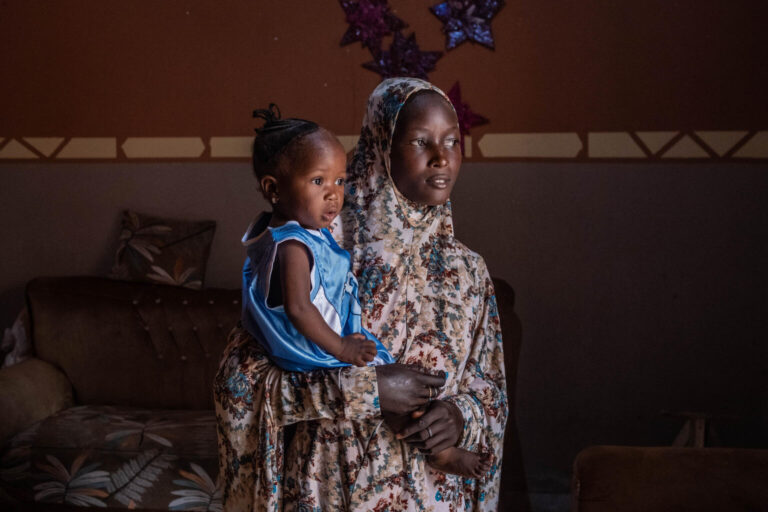
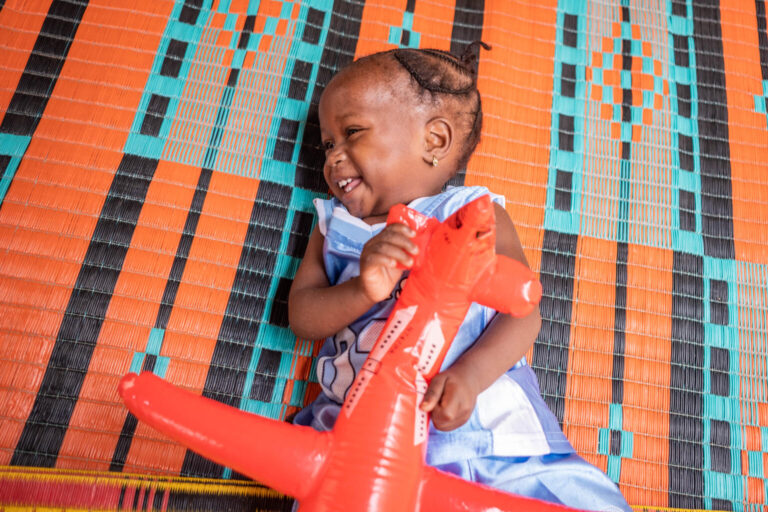
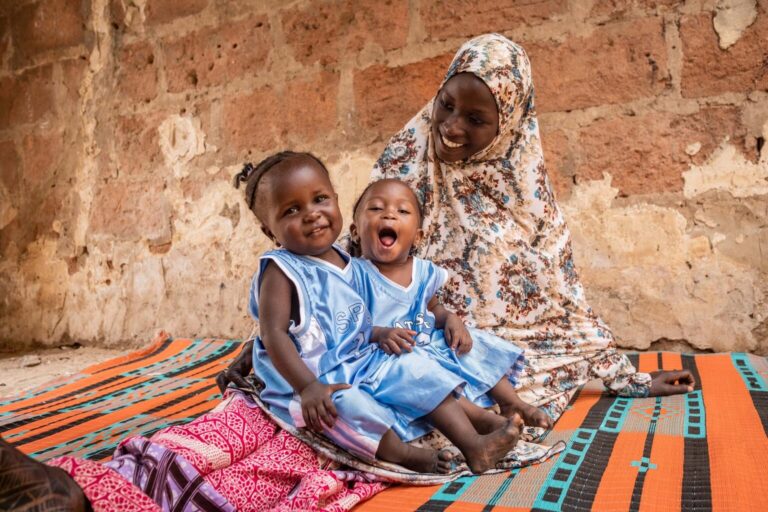
Providing Nutrition in Emergencies
In emergencies, like the ongoing conflict in Yemen where it is estimated 2.7 million children are projected to be acutely malnourished, it is vital that we reach and assess malnourished children so that we can work with their existing support network to keep them healthy.
Thanks to the work of incredible community health volunteers like Basima, we screened over 4.6 million under five-year-olds in 2023. Your support helps us make sure that those children who are found to be malnourished receive the life-saving therapeutic food that they need to survive and thrive.
Conflicts and disasters can have devastating effects on families’ ability to access nutritious food, putting huge numbers of children at risk of malnutrition. When an emergency hits, we lead the global nutrition response, coordinating other humanitarian organisations to deliver nutrition services including life-saving therapeutic food to where it’s needed as quickly as possible.
Sudan
In Sudan, mass displacement as a result of armed conflict has exacerbated an existing food crisis. 4.7 million people are estimated to be acutely malnourished, of which 3.5 million are children under five and 1.2 million are pregnant and lactating women. The situation is particularly concerning in the refugee camps. Almost a quarter of children in Zamzam camp in North Darfur State were found to be malnourished, for example.
UNICEF is taking all possible measures to reach severely malnourished children with live-saving therapeutic feeding supplies, accelerating scale and reach. In the past year, UNICEF has screened 3.7 million children for malnutrition and, with your support, we’re continuing to work tirelessly for malnourished children in the region.
What do we mean by life-saving therapeutic food?
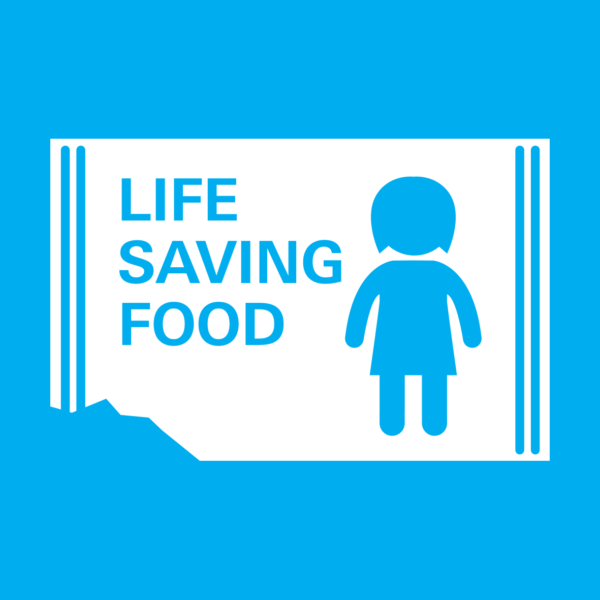
We use specially formulated high-energy peanut paste enriched with key micro-nutrients that can be eaten straight from the packet to treat severely malnourished children.
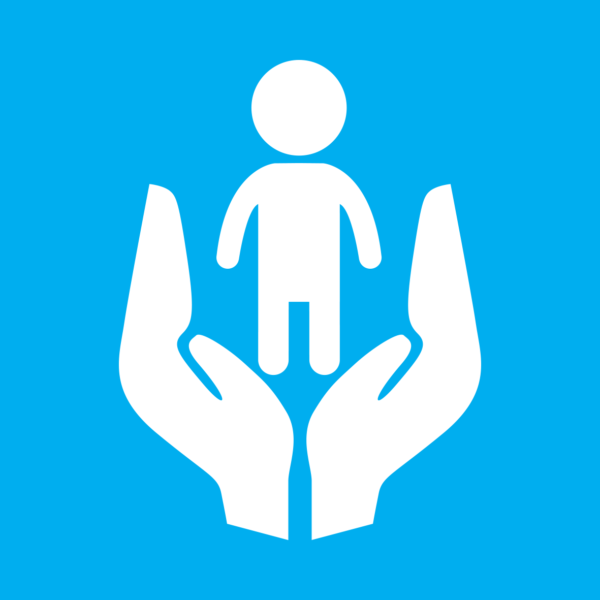
It's cheap, easy to supply, and a course can bring a severely malnourished child back to health in just 4-6 weeks.
Make a donation
A regular gift from you can help us reach even more mothers and their babies with the nutrition they need when it matters most. Just £20 a month can provide essential iron and folic acid for 7 expectant mums.


